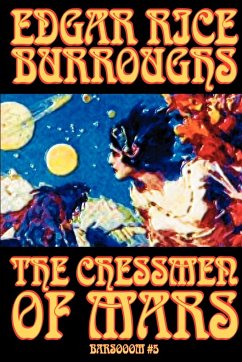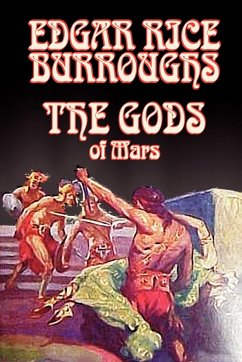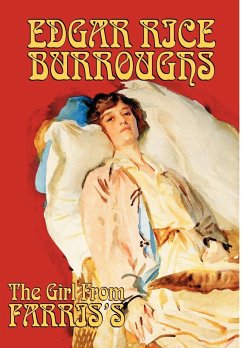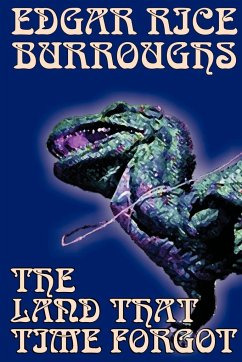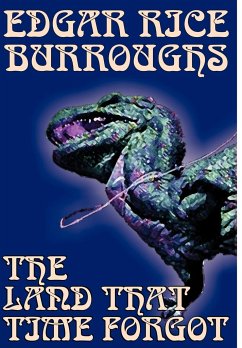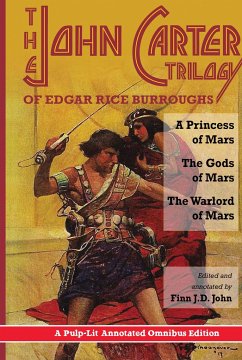
The Moon Maid by Edgar Rice Burroughs, Science Fiction
Versandkostenfrei!
Versandfertig in 1-2 Wochen
16,99 €
inkl. MwSt.

PAYBACK Punkte
8 °P sammeln!
The prologues to both parts, "The Moon Maid" and "The Moon Men"(part 3 of the series) constitute a future history, effectively Burroughs' vision of what the 20th Century held in store for humanity, which could be considered a kind of retroactive alternate history—a genre rare in Burroughs' writings and a bit reminiscent of such works as H.G. Wells' The Shape of Things to Come. Burroughs was writing in the early 1920s, several years after the end of the First World War in 1918; clearly, however, he did not regard the war as having truly ended but only changed in intensity—especially as it h...
The prologues to both parts, "The Moon Maid" and "The Moon Men"(part 3 of the series) constitute a future history, effectively Burroughs' vision of what the 20th Century held in store for humanity, which could be considered a kind of retroactive alternate history—a genre rare in Burroughs' writings and a bit reminiscent of such works as H.G. Wells' The Shape of Things to Come. Burroughs was writing in the early 1920s, several years after the end of the First World War in 1918; clearly, however, he did not regard the war as having truly ended but only changed in intensity—especially as it had been directly followed by the October Revolution in Russia and the intervention of the Western powers in an effort to crush that revolution, which the staunchly anti-Communist Burroughs supported.



